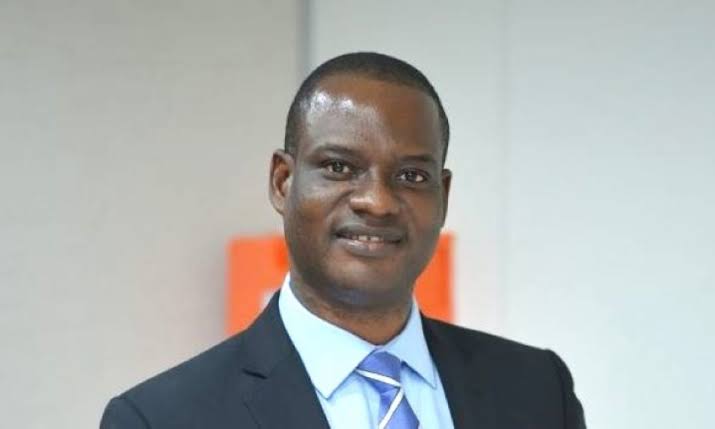
The Chairman of the Presidential Committee on Fiscal Policy and Tax Reforms, Taiwo Oyedele, has projected that the implementation of ongoing tax reforms will significantly boost Nigeria’s revenue for 2025. Speaking during the launch of the Nigerian Economic Summit Group’s 2025 Macroeconomic Outlook themed “Stabilisation in Transition: Rethinking Reform Strategies for 2025 and Beyond,” Oyedele noted that harmonising tax collection and closing compliance gaps could increase revenues by trillions of naira.
He highlighted value-added tax (VAT) fiscalisation as a key component, stating that despite governors opposing a rate increase, improvements in compliance—which currently stands at 70%—will drive revenue growth. Oyedele also emphasized the importance of reforms in corporate and personal income tax, which he believes position Nigeria on the path to fiscal sustainability.
The Federal Government has projected total revenue of N36.35 trillion for 2025, driven by improved non-oil revenue streams. This is part of a proposed N49.75 trillion national budget still undergoing legislative review.
Meanwhile, Central Bank Governor Olayemi Cardoso revealed initiatives to enhance diaspora remittances, which include approvals for 14 new international money transfer operators (IMTOs) and the introduction of a non-resident BVN to enable Nigerians abroad to access banking services. Cardoso stated that these measures have already yielded positive outcomes, with foreign remittances contributing significantly to the over $6 billion in capital inflow in 2024.
Cardoso expressed optimism about Nigeria’s economic outlook, citing growing investor confidence, external reserves exceeding $40 billion, and a more competitive currency. He noted that while exchange rate adjustments have posed challenges, they have also created opportunities for exports and productive activities, attracting foreign investors eager to leverage Nigeria’s competitive environment.
Cardoso reiterated the Central Bank’s commitment to proactive monetary policies that ensure price and exchange rate stability, foster growth, and support critical economic sectors.
Telecom Industry Calls for Improved Services Following Tariff Hike
Following the Nigerian Communications Commission’s recent approval of a 50% tariff hike, stakeholders, including the Nigeria Internet Group (NIG), have called for improved telecom service delivery. NIG President Destiny Amana stressed that the increased revenue from the tariff adjustment must be reinvested into network expansion and infrastructure upgrades to address longstanding issues such as poor signal quality, frequent call drops, and unreliable data services.
Amana urged the NCC to enforce strict compliance with service quality standards, including network uptime, connectivity, and internet speeds, while protecting consumers from exploitative practices. He emphasized that the tariff hike would only be justified if it leads to measurable improvements in service delivery and infrastructure development, ensuring Nigerians have access to affordable, reliable, and high-quality telecom services.
